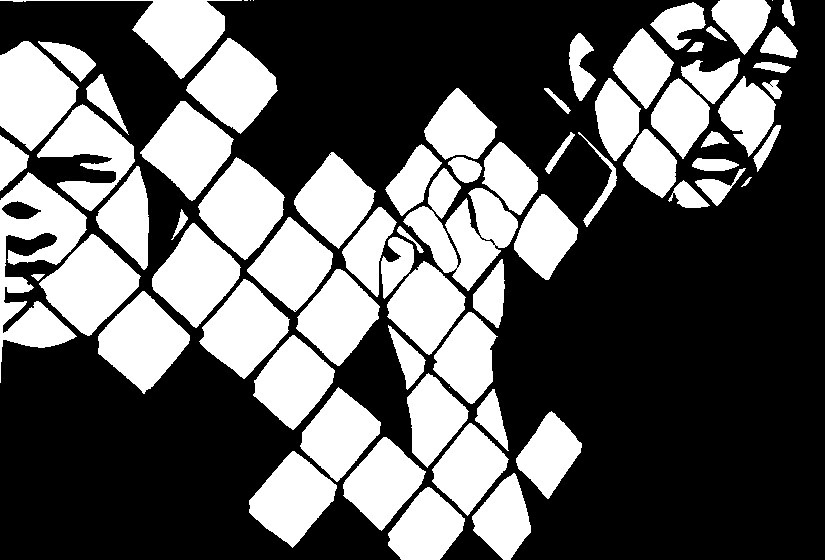by Nikki Hunt
As an intern for the American Friends Service Committee Healing Justice program, my work is mostly focused on mass incarceration issues. So when I heard that the Berkeley City Council had voted to add more laws that criminalize homelessness, my first thought was how this relates to our prison-industrial complex.
The number of people in prison has been decreasing recently. After a huge leap in the prison population in the 1990s and 2000s, closely linked to the “war on drugs,” the numbers are now coming down.
Yet, our society has invested so much money and created so many jobs with the prison-industrial complex that a decrease in prisoners is not necessarily a welcome thing.
No one wants to lose their job even if it means our society is heading in a healthier direction. And no politician wants to be accused of working to eliminate jobs! So, the pressure to keep the prisons full is great.
Criminalizing homelessness could be a great way to keep the prisons full. Misdemeanors can turn into arrest warrants, which can turn into arrests.
This could be seen a double win — keeping the prisons full while also “solving” the homelessness issue by giving homeless people beds in prison.
It’s similar to Jonathan Swift’s famous “modest proposal,” a savage satirical attack on the lack of compassion for impoverished and hungry people in Ireland. Swift proposed that Ireland’s destitute could overcome their poverty by selling their children as food to the rich, thereby reducing the surplus population of poor people, and ending childhood hunger.
The new Berkeley rules are not the only way homelessness and prison are linked. Sam Levin reported in his article, “Alameda County Seeks Santa Rita Jail Expansion,” that our government continues to look for funding for the prison system.
Until March 2015, the Berkeley City Council had been allowing the Public Safety Realignment budget funds to go mostly to jail programs instead of to community programs to assist re-entry.

In March, they voted to commit 50 percent of those funds to programs in the community. Then, in June 2015, the Berkeley City Council voted to allow the Sheriff to seek funding for a jail expansion. November 2015, they received $54 million dollars for a jail expansion — one focused on mental health.
I ask, why do we need an expanded jail facility in a system that is experiencing a decrease in numbers? Why would we not be working to get funding for community programs instead?
When I heard about the new Berkeley rules, I thought about how many homeless people have mental health issues. A new mental health jail facility would be the perfect place to take in homeless people with mental health issues, people who have had their unpaid fines turn into arrest warrants.
We will have more of whatever we spend our money on. If we spend money on prisons, there will be great pressure to fill them with prisoners. We can choose differently. We can insist that our legislators choose differently.
If we refuse to choose more humane options, welcome to the new affordable housing of the future: prisons and jail cells for those caught on the street without homes.
